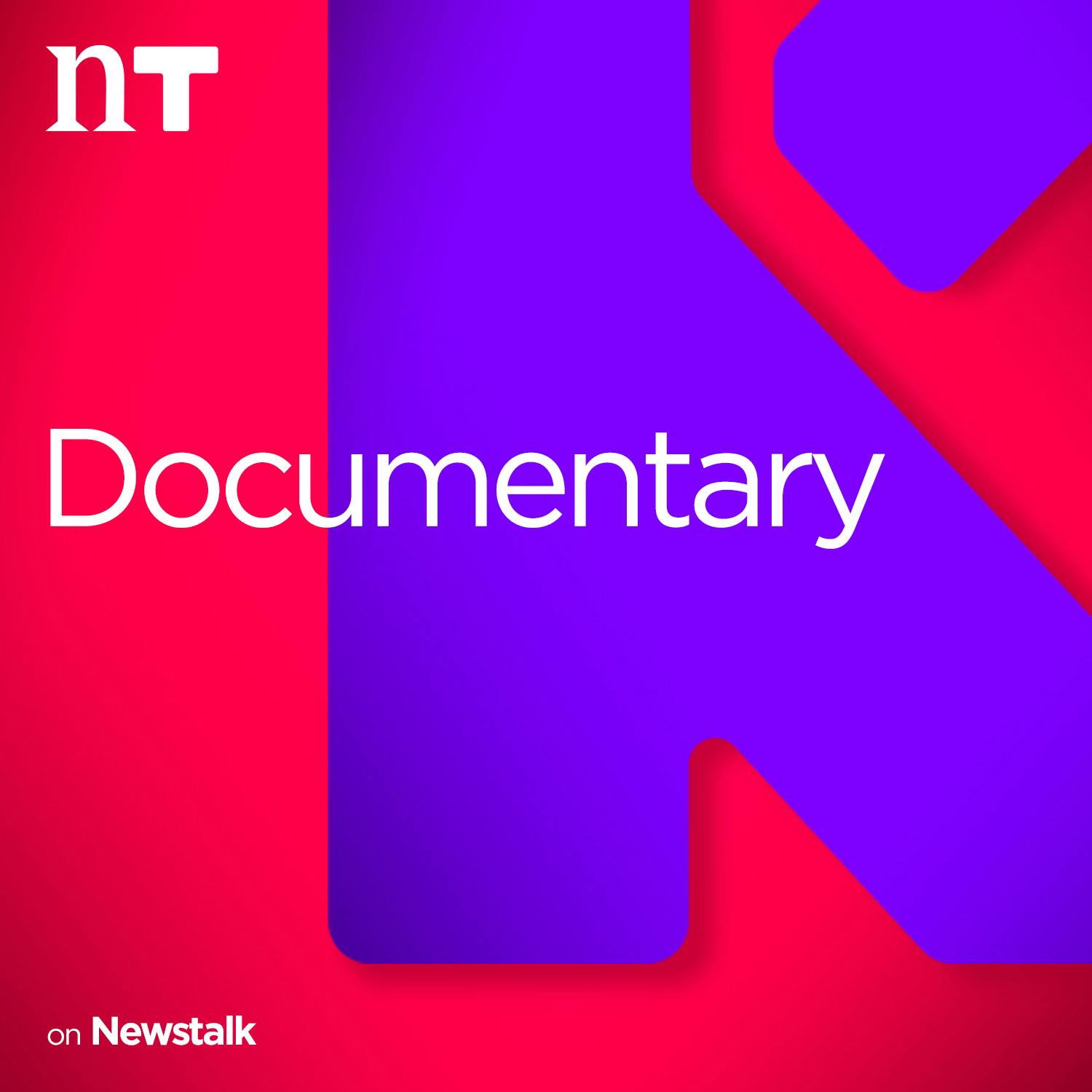Tainted Blood
Description
New radio documentary ‘Tainted Blood’ lays bare the devastating impact of infected blood products on the Irish Haemophilia Community
In 1982 the first case of HIV was recorded in Ireland. By 1985 all people with haemophilia were being tested for the disease. More than one third of them were found to be HIV positive having contracted the disease through infected blood products that were made up of pooled plasma from thousands of donors, much of which had been imported.
Colm Walsh, who has haemophilia, features on the documentary. As a child Colm and his older brother Brendan were treated with the same blood products and, by some cruel twist of fate, Brendan contracted HIV and eventually died of AIDs. Colm did not, but sadly did contract Hepatitis C, another disease which ravaged the haemophilia community in the late 80s as a result of infected blood products.
Colm shares his remarkable story on the documentary, he said, “Despite the fact this happened over 40 years ago some of us are still living with this grief. Not only the grief of losing our loved ones, but for how we were treated and for the lengths we had to go to for the injustice against our community to be acknowledged. This documentary is an important piece of work that shares the heartbreak and distress we went through. We have many reasons for hope today but we can never forget what happened because it can never be allowed to happen again.”
Another key voice in the documentary is Brian O’Mahony, Chief Executive of the Irish Haemophilia Society, which became a significant support network, lobbying on behalf of people with haemophilia and their families (which eventually contributed to the collapse of the Irish government in 1989). They set up services to care for the dying, at a time when there was significant stigma associated with the diseases of HIV and AIDs. The documentary shares stories of the torment and shame experienced by those who contracted HIV and AIDs as well as their families, and how, in many cases, they never shared their diagnosis owing to this stigma.
Brian said, “It was like going through a war, it was a cumulative trauma to the whole community. It brought our members very close together and despite the huge number of deaths our community is hugely resilient. This story is one that everyone in Ireland should know because we can never let anything like this ever happen again. That message has been a big part of our ethos since we first became aware of the plight of so many of our members.
“We were a tiny, volunteer-run organisation before this crisis and now, following years of trauma and campaigning we can proudly say we have one of the best haemophilia treatment systems in the world. Out of the darkness has come some light. I would encourage anyone to take the time to listen to this documentary and understand what happened to our community because all those deaths cannot be in vain.”
Kelly Crichton, documentary maker, said “I was incredibly moved when I first encountered these stories and knew there was a whole generation of Irish people out there who would know nothing or very little about this. I wanted to share this story because it’s hard to fathom just how abandoned this community was and yet, in banding together they overcame so much.
“The Irish Haemophilia Society went above and beyond in their support - risking prosecution by handing out condoms to members, which were illegal at the time. They set up palliative care and worked with undertaker services because of the stigma and protocols associated with death of those infected with HIV or AIDs. Families could then follow traditional funeral arrangements without the fear of their loved one being outed as a HIV and AIDs victim. It truly beggars belief what they had to go through without government support.
“I’d like to thank everyone who I spoke to for the documentary. These are some of the bravest people I have ever met and it was a privilege to recor
More Episodes
A father and his 14-year-old daughter set out on a journey across Japan to discover why Irish traditional and Celtic music have become fused into Japanese culture. In recent years, Nihonjin (Japanese people) have picked up fiddles, whistles, bazoukis and uilleann pipes, and begun playing Irish...
Published 10/13/24
Eirsat-1: Ireland’s First Satellite is the remarkable story of a group of young Irish scientists and engineers who are determined to make Ireland a space-faring nation – by designing, building and sending Ireland’s first satellite into space.
Eirsat-1 is Ireland’s very first spacecraft, a...
Published 10/06/24
Published 10/06/24


